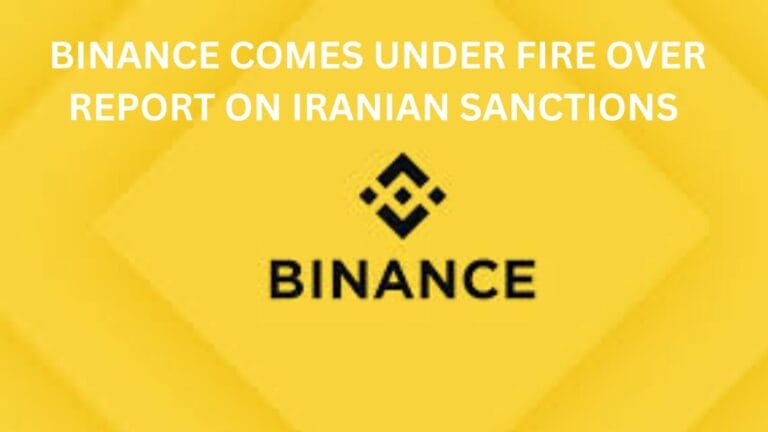Key Takeaways
- The proposal suggests the creation of a pegged Bitcoin system on a layer-2 solution, ensuring efficient and secure transactions within the DEZ.
- The proposal outlines a phased approach to implementing the DEZ, beginning with a presidential executive directive to authorize the use of the Exchange Stabilization Fund
The United States is exploring a new financial frontier with a proposal from the USABTC policy group to establish a Digital Economic Zone (DEZ) aimed at integrating Bitcoin into the American financial system.
The initiative advocates for a tax-free DEZ where Bitcoin can be traded and accumulated without incurring capital gains taxes, though a tax would be applied upon redemption.
Rather than pursuing the financially burdensome option of purchasing $200 billion worth of Bitcoin to neutralize Bitcoin’s threat to the dollar, the proposal suggests that DEZ could offer a more feasible and strategic alternative. This approach includes the creation of a pegged Bitcoin system on a layer-2 solution, ensuring efficient and secure transactions within the DEZ.
A crucial component of the plan involves the utilization of the Exchange Stabilization Fund (ESF), a financial tool established by the Gold Reserve Act of 1934. The ESF, managed by the U.S. Treasury, would be leveraged to support the establishment and initial operations of the USABTC system within the DEZ.
This would allow the government to integrate Bitcoin into the financial system without the need for direct purchases of Bitcoin using U.S. dollars, positioning the DEZ as a secure and regulated environment for Bitcoin accumulation and management.
The proposal outlines a phased approach to implementing the DEZ, beginning with a presidential executive directive to authorize the use of the ESF. Subsequent phases would involve drafting legal opinions, legislative efforts, and public outreach to garner broad understanding and support.
Collaboration with the Internal Revenue Service (IRS) is also a key component of the plan. The IRS would help establish the DEZ’s legal framework, ensuring that Bitcoin transactions within the zone receive special tax treatment. Revenue from the exit tax on Bitcoin conversions back to traditional currency would be directed to state-controlled accounts, leveraging Bitcoin’s security features to ensure transparency and accountability.
USABTC emphasizes that the initiative not only aims to secure the U.S.’s financial future but also explicitly protects against government overreach—a significant concern within the cryptocurrency community. The right to self-custody Bitcoin is central to the proposal, with stringent safeguards to prevent asset confiscation.
The implementation of USABTC’s plan is slated to begin in 2025, with the DEZ expected to be fully operational by 2026, pending all necessary legislative and regulatory approvals.









